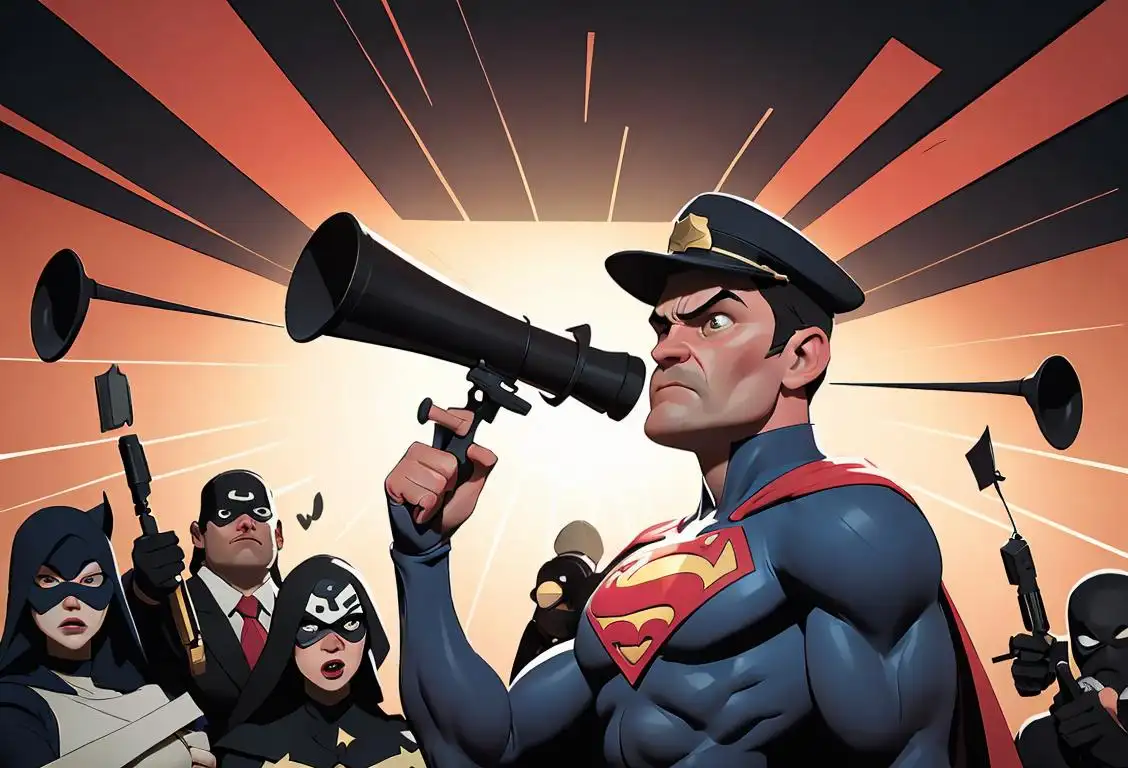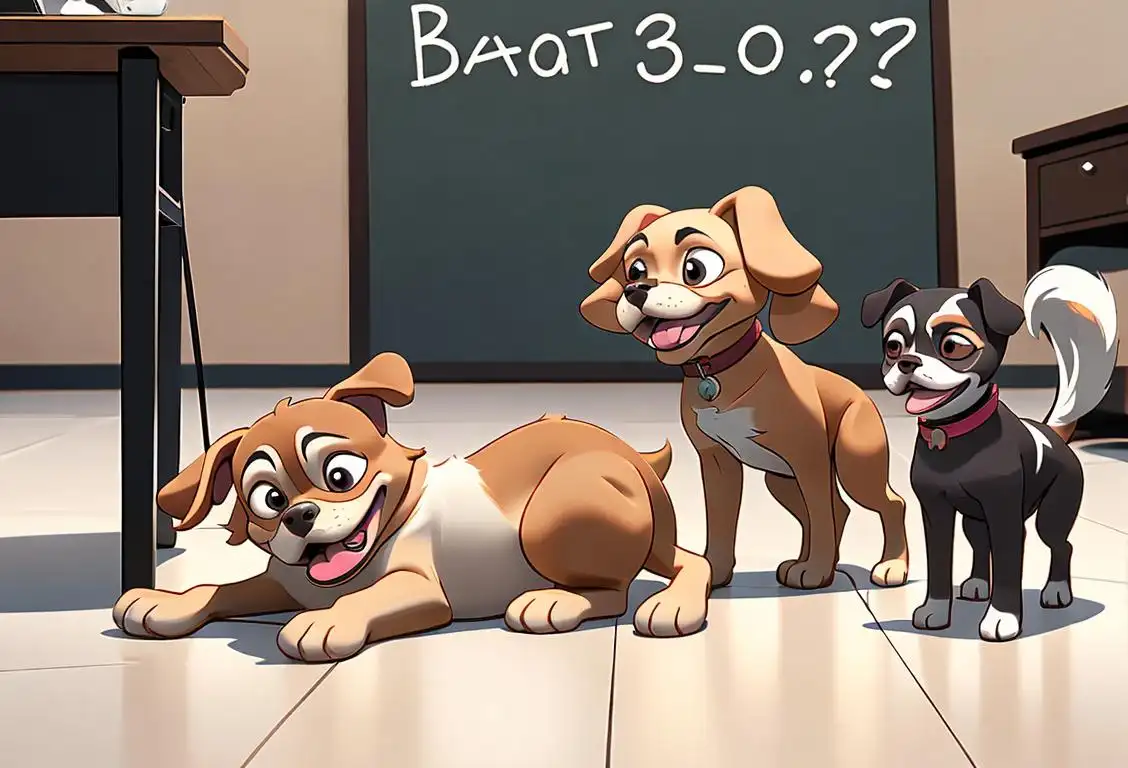National Work Day

Happy National Work Day! It's time to put on your serious face and get down to business (but with a sprinkle of fun, of course). Whether you work in an office, from home, or even if you're a stay-at-home parent rocking the ultimate juggling act, National Work Day celebrates all the hardworking people out there.
When is Work Day?
It's national work day on the 28th July.
The Internet History of National Work Day
On July 28, 2015, the internet exploded with 182 mentions of National Work Day. It seems that people were desperately seeking some motivation to get through the workweek. And hey, who can blame them? Monday blues are a real thing!
But let's dig a little deeper into the history of National Work Day. While it may not have an official origin story like some other national days, it's a day that has gained popularity over time. People recognized the need to take a breather and celebrate their hard work, whether it's by treating themselves to a fancy coffee or rewarding themselves with an extra episode of their favorite TV show.
While work may not always be the most exciting thing in the world, it's important to honor the effort that goes into it. National Work Day reminds us to take a step back, reflect on our accomplishments, and maybe even share a few laughs with our colleagues.
Did You Know?
Did you know that the average person will spend about 90,000 hours at work over their lifetime? That's a lot of time! So it's only fair that we take a day to recognize and appreciate all the blood, sweat, and tears that go into those hours.
History behind the term 'Work'
c. 4500 BCE
Emergence of Early Work Concepts
The roots of the term 'work' can be traced back to the emergence of early civilizations around 4500 BCE. This was a time when humans began settling in agricultural communities and engaging in activities to sustain their livelihood. Although the term 'work' did not exist as we know it today, the concept of labor and effort to meet basic needs like food and shelter laid the foundation for the concept of work.
c. 2000 BCE
Mesopotamian Labor Practices
Around 2000 BCE in ancient Mesopotamia, significant advancements were made in the organization of work. This period saw the creation of written language and the development of complex societies that required specialized labor. The Sumerians, for example, established a complex hierarchical system in which individuals were assigned specific roles and tasks. This marked an early recognition of diverse types of work and the need to allocate responsibilities efficiently.
c. 350 BCE
Aristotle's Philosophical Reflections on Work
In the 4th century BCE, the Greek philosopher Aristotle contemplated the nature of work and its significance in human life. He argued that work is not merely a means to earn a living but also a source of personal fulfillment and self-realization. Aristotle's philosophical reflections contributed to the understanding of work as an essential element of human existence beyond its economic aspects.
18th century
Industrial Revolution: Redefining Work
The 18th-century Industrial Revolution brought about a transformative shift in the meaning and perception of work. As mechanization and factory systems emerged, work became increasingly associated with industrial labor and production on a large scale. The division of labor and the rise of factory work fundamentally transformed the way people perceived and organized work, leading to significant social and economic changes.
20th century
The Rise of Service Sector and Knowledge Work
In the 20th century, the global economy experienced a transition from industrial-based work to a significant predominance of service sector and knowledge-based work. With advancements in technology and the increasing importance of intellectual labor, occupations such as information technology, research, and various service-oriented roles gained prominence. This shift marked a new era in which work encompassed a wide range of activities beyond physical labor.
Present
Evolution of Work in the Digital Age
In the present digital age, work continues to undergo profound transformations. The advent of automation, artificial intelligence, and remote work has revolutionized traditional work practices. Flexible work arrangements, freelancing, and the gig economy are becoming increasingly prevalent. The concept of work is now more fluid and dynamic than ever before, adapting to the evolving needs and aspirations of individuals in a fast-paced, interconnected world.
Did you know?
Did you know that the average person will spend about 90,000 hours at work over their lifetime? That's a lot of time!Tagged
fun appreciation workFirst identified
1st May 2015Most mentioned on
28th July 2015Total mentions
182Other days
Custodial Worker Day
Hug Your Boss Day
Work Day
Administrative Professional Day
Whistleblower Appreciation Day
Take Your Dog To Work Day
School Librarian Day
Teacher Day
Hug A Drummer Day
Teacher Appreciation Day








